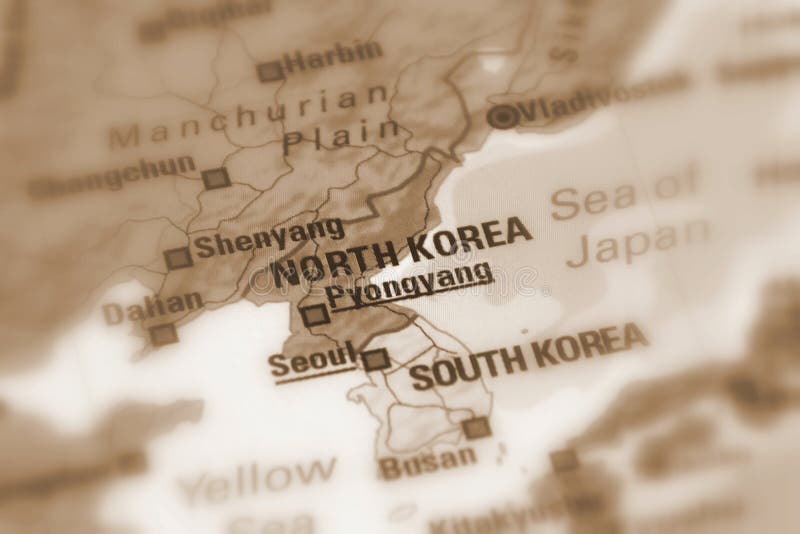

The police started shooting at the people, who responded by throwing rocks at the police. About one thousand residents of Masan gathered in front of the Democratic Party's Masan headquarters at around 7:30 in the evening, where the citizens faced off against the police and the city was blacked out. On March 15, the same day as the election results, members of the Democratic Party in the southern city of Masan launched a protest against the electoral corruption. JSTOR ( April 2017) ( Learn how and when to remove this template message).Unsourced material may be challenged and removed. Please help improve this article by adding citations to reliable sources. This section needs additional citations for verification. Masan protests and the death of Kim Ju-Yul According to the Korean Report, Democratic rallies were prohibited throughout the nation and hundreds of pre-marked ballots were stuffed into boxes on election day. On March 15, the mostly bedridden Lee won the vice presidential elections with an abnormally wide margin, winning 8,225,000 votes while Myon received just 1,850,000 votes, and it became clear to the people that the vote was fraudulent. Lee ran against the Democratic Party candidate Chang Myon, who had been South Korea's ambassador to the United States during the Korean War. Rhee was determined to see his protege Lee Ki-poong elected as the Vice President, a post chosen in a separate election on the same day. The death of these two competitors seemed too much of a coincidence to the South Korean public and many assumed that both deaths were the result of corruption. Cho Pyong-ok went to the United States for a stomach operation at the Walter Reed Army Medical Center but died there of a heart attack.

In July 1959, Rhee accused Cho Bong-am of being a communist, and the Progressive Party leader was subsequently imprisoned and swiftly executed. The March 1960 presidential election saw two main parties running against Rhee: the small Progressive Party (which had received one million votes in the 1956 presidential election) represented by Cho Bong-am, and the Democratic Party represented by Cho Pyong-ok. In 1959, Rhee was shocked and threatened when the United States reduced its economic aid to South Korea from a high of $382,893,000 in 1957 to $222,204,000, and he began taking desperate measures to ensure his political survival.

In December 1958, Rhee forced through the National Assembly an amendment to the National Security Law giving the government broad new powers to curtail freedom of the press and prevent members of the opposition from voting. This was tolerated in the name of political unity and fear of reprisals, but Rhee faced increasing domestic discontent following the end of the Korean War in 1953, as his rule had delivered limited economic and social development, while angering the public by amending the constitution to prolong his stay in power. The South Korean public widely perceived Rhee as corrupt and a dictator who abused his autocratic powers to maintain his rule and cronyism in the government. With American patronage in the Cold War, Rhee adopted a strongly anti-communist and pro- American stance, and the threat of communism was used as an excuse for severe political repression against any perceived opposition. Syngman Rhee had been the first President of South Korea since the 1948 presidential election, overseeing the transition of power from the United States Army Military Government to the Government of South Korea and the establishment of the First Republic of Korea, and led South Korea during the Korean War. Syngman Rhee had served as the first President of South Korea since July 24, 1948, three weeks before its founding on August 15, 1948. Rhee resigned on April 26 before fleeing to exile in the United States, and was replaced by Yun Posun, beginning the transition to the Second Republic of South Korea. The Masan discovery led to large student protests in Seoul, which were violently suppressed a total of 186 people were killed during the two weeks of protest. Popular discontent had arisen due to Rhee's autocratic rule, corruption, use of violence against political opposition, and uneven development of South Korea. The protests were triggered by the discovery of the body of a local high school student who had been killed by police during demonstrations against rigged elections in March. Protests opposing Rhee were started by student and labor groups in the southeastern port city of Masan on April 11. The April Revolution ( Korean: 4.19 혁명), also called the April 19 Revolution or April 19 Movement, were mass protests in South Korea against President Syngman Rhee and the First Republic from April 11 to 26, 1960 which led to Rhee's resignation.


 0 kommentar(er)
0 kommentar(er)
